By John B.
When I was born in 1951, little was known about our condition. I have the type called x-linked recessive hypohidrotic ectodermal dysplasia (XLHED). The Seattle doctors knew of 80 other cases around the world. Mom and Dad were advised that I would basically be a bubble boy with my life expectancy around 30 years. This was going to be a major problem when your family tends to be hyperkinetic.
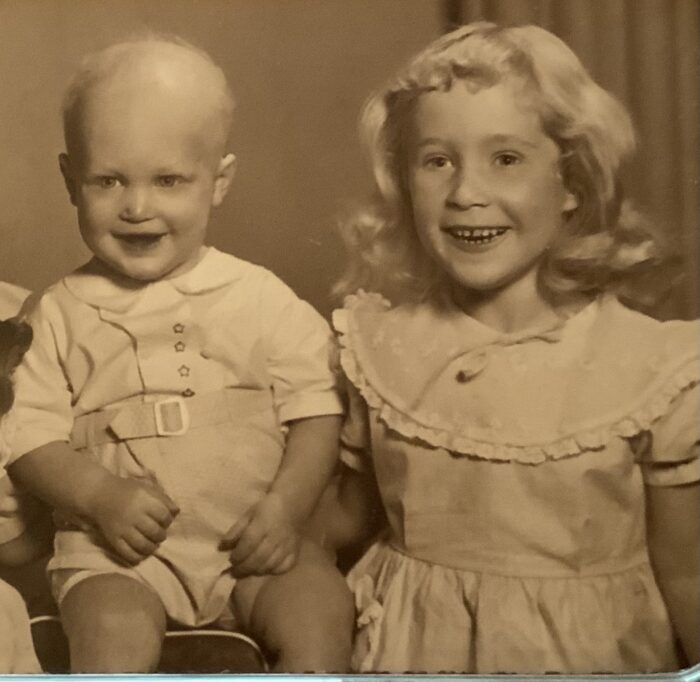
Consequently, for my first five years, I pretty much stayed indoors until our Methodist Minister Roy Wilson asked why I was not attending Sunday school. Mom expressed her concerns about “my condition”. Reverend Wilson put his arm around Mom and said, “We do not own our children. They are all God’s children. They need to spread their wings like a baby bird and learn to fly.” The next Sunday, Mom enrolled me in Sunday school and I was off and running.
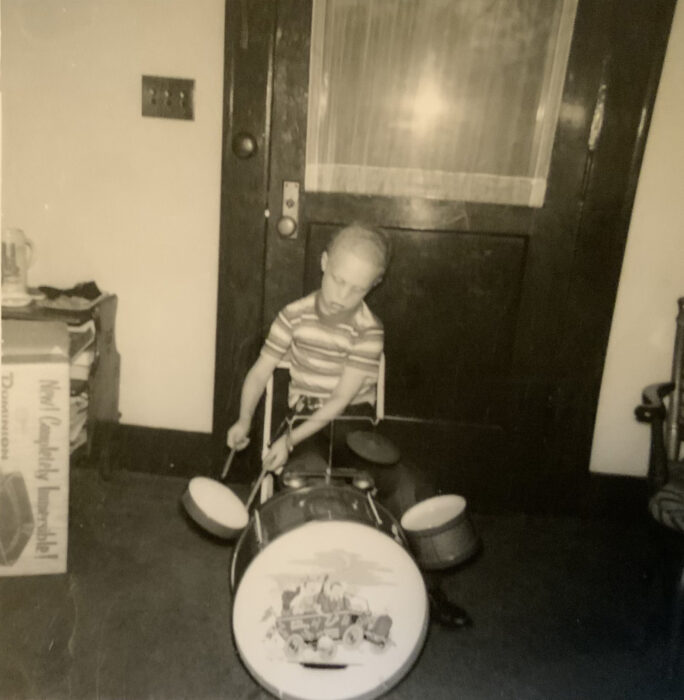
That seminal moment dramatically changed my life’s trajectory, coupled with my Dad advocating Dale Carnegie principles of positive thinking, like a metronome. Dad was constantly telling us kids Carnegie quotes. He had us believing we could do anything, if we tried our very best and didn’t stop until we reached our goal. Getting a college degree was our ultimate requirement for future success. But what Dad was really stressing was to be a lifelong learner. I got my bachelor’s of science degree (first male in my family), later a master’s degree in business administration and multiple graduate school certificates. Dad prepared me for the real world.
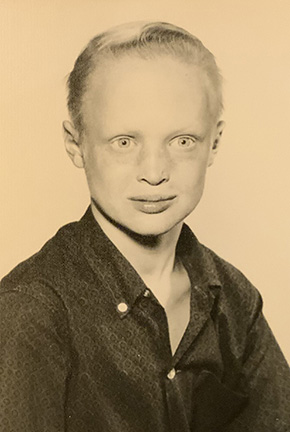
How I Handle When People Stare
Like other children with our condition, I had teeth, hair, skin, respiratory and allergy issues. When I was three years old, I got false teeth. When a few teeth starting growing in, I ended up wearing a retainer. When I turned 21, I got a full set of dentures so all my teeth looked the same.
I majored in hospitality management at the University of Houston and knew I needed a good smile to be successful. When I turned 25, I started wearing wigs. The 70s were big hair days and I kept on wearing the darn things until I was 47. Then I became Kojak without the lollipop.
I learned a trick to overcome my awareness of people looking at my unusual, sunburnt head and face appearance. When Jesus was being crucified on the cross, he said, “Father, forgive them” (Luke 23:34). When I thought someone was looking at me disparagingly, before I might feel inferior. Now, I just forgive them and carry on. I would also kill them with my kindness, if required. This was a huge game changer. I was no longer shy and I moved boldly into the future.
Extracurriculars Helped Me Learn
During my elementary school days, I visited the YMCA almost every day. I played all sports but I excelled in swimming. I joined the Cub Scouts and remained active, earning the Webelos badge. I moved on to Boy Scouts until I reached the rank of First Class.
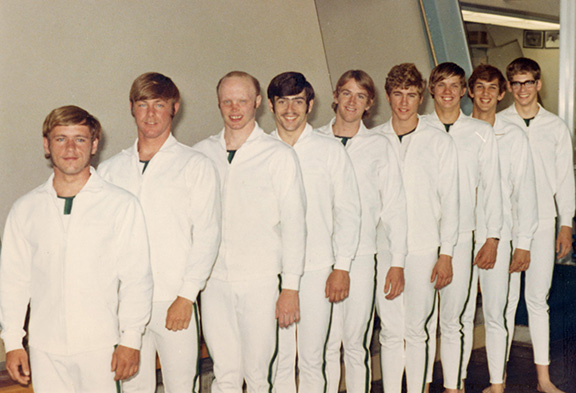
Our family moved to Kennewick, Washington, which was in the desert and camping outdoors was undesirable. I joined the DeMolay, a Masonic youth group for boys 13-21 years old. Almost all of their activities were indoors and we wore business suits, silk robes and ceremonial swords. I liked to pretend I was Zorro or one of the Three Musketeers when I was younger.
Our family moved after two years to the Seattle area with its natural air conditioning. I continued with DeMolay through high school, rising through the chairs to Chapter Master Councilor, Region Master Councilor and awarded the Degree of Chevalier for performing unusual and meritorious service in behalf of the Order. It was an excellent experience on how to manage peers. In addition to my extracurricular activities and school, I always had part-time jobs after turning 14 years old. I mowed lawns and was a newspaper boy, janitor, painter, lifeguard and swim instructor.
My Naval Career Took Me to Hot Places
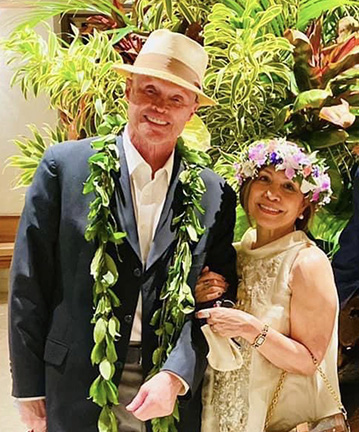
After graduating from college, the Navy hired me as a management intern. I traveled the world, reviewing and upgrading Navy Installation Support Services. During one my visit, I found my perfect life partner and we got married. Evangeline was an accountant and worked in the Navy Base Comptroller’s office as accountant and budget programmer.
We adopted our daughter in 1992. I did not want to pass on my XLHED genes to the next generation. For the next 17 years as we moved up the ranks, we lived in warm weather locations (the Philippines, Pearl Harbor, San Diego, Washington D.C., and Yokosuka, Japan) where I learned how to deal with heat and continuing to adapt.
For the next 20 years, I migrated into office environment positions and was eventually promoted to Senior Executive Service (Admiral equivalent) as the Director of Fleet and Family Readiness, managing a $3 billion Enterprise with 20,000 employees. Evangeline reached the level of Financial Programmer and was responsible for a corporate Navy $1 billion portfolio. So, I believe my tribe of “the no sweaters”, can do anything they set their mind to achieve. There are no limits.
My Best Tips
Here are my tips from living in warm weather locations:
- Wear loose fitting clothes.
- Wear hats.
- Walk on the side of the street with the most shade.
- I carry a small squeeze tube of lotion in my pocket for after washing my hands.
- Walk slower than normal and carry a small bottle of water.
- If possible, time outdoor period before 10 a.m. or after 4 p.m.
- If possible, stop into an air conditioning facility for a five-minute break or longer if possible.
- If I am outdoors and everybody is sweating, I carry a light weight hand towel, dip it in the ice bucket, wring out the excess water and tuck the cloth under my shirt on the backside of my neck.
- Be in good physical condition to keep your heart rate low.
As a baby boomer, I am very grateful that in my lifetime air conditioning became available everywhere. If I was born in my dad’s era, the 1920s, I wonder if I would have died young. I think yes.
Choose Positive
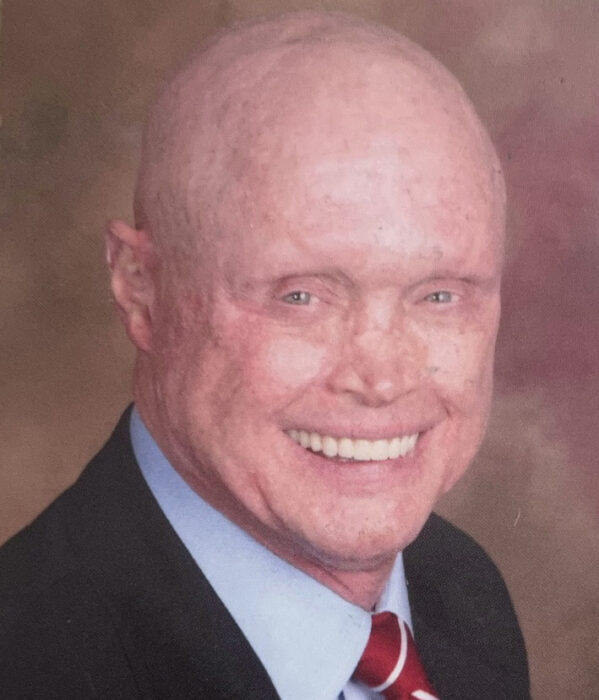
I always felt I had a guardian angel guiding me through life. Opportunities magically appeared at the right moments allowing me to demonstrate my abilities when others did not compete.
I think my parents dreaming about possibilities, thinking positive for me and teaching me to not criticize, condemn or complain about the hand I was dealt enabled me to avoid negative thoughts and helped me to focus on finding solutions.
After all, life is about choices. You only have one life to live, so why not choose positive and live the life you want.
- John B. is a guest blogger for the National Foundation for Ectodermal Dysplasias. Affected by XLHED, he lives in Bainbridge Island, Washington with his wife, Evangeline.
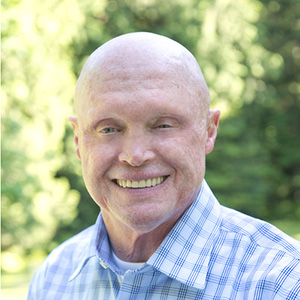
Such an inspiring life. Full of accomplishments. I have the same condition as John and I too was a competitive swimmer and still involved in keeping my self as healthy and fit as possible. Thank you for your story.
THANKS Leslie, I swim on our local Masters Team and once every fives I attend the National Meet. Maybe I will run into you.
It’s amazing how we HED, sufferers do the same things just to survive the day,I was born in 1959,my brother in 1961 we both have HED,and live in Sheffield England ,we had no Idea what our problem was until 1992,I got cut at work and needed stitches and I was being seen too and young lady doc spotted my blown fingernails and asked if I had a heart problem,I replied no she then sent me for genetic testing,from that day my life changed and the lives of my family and the other 8 family members who are effected,boys and girls,I was Sheffield Steel worker,working in the tough hot environment,and struggling with the heat and being called lazy,due to me being slow in order to control my body heat,I constantly poured cold water in my boots to cool my feet,I soon got trench foot,I put ice package underneath My hard hat,and held onto lumps of Cold steel,,even after my diagnosis the company i worked for made no allowances mainly because it’s a unrecognized rare genetic disorder,so I struggled for the rest of my career until 2020 when I Lost my job due to covid pandemic,I am 64yrs of age now and retired from work,so just take my time and only do things at my own pace,
Regards
Steve
Oh my Steven, you have an interesting life story. My 17th Great Grandfather was William Bradford of Mayflower fame. I wonder if we are related? You must be very mentally tough to cook in a steel mill. Life is not an easy for our “no sweater tribe. Congratulations on living to retirement age.